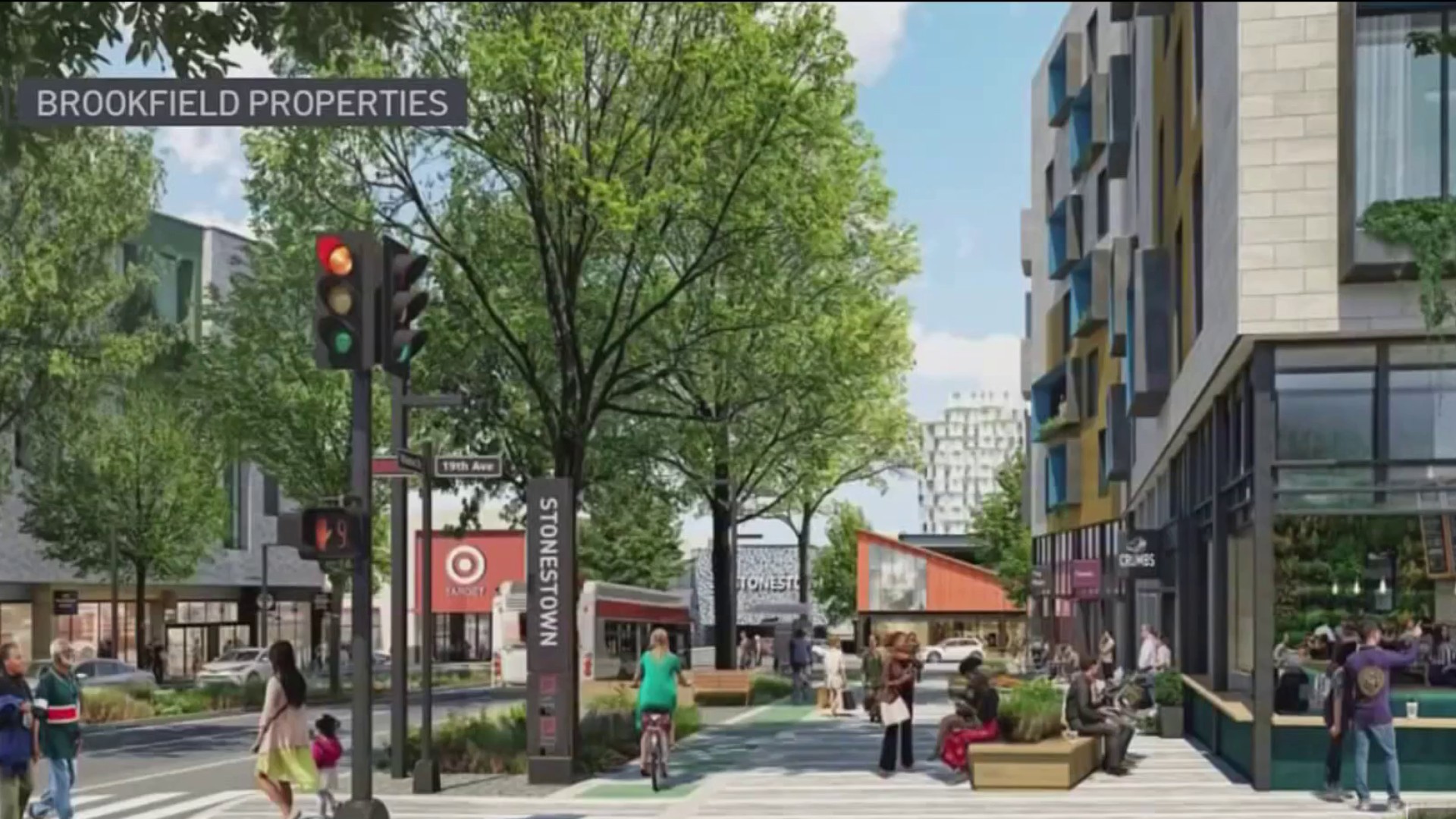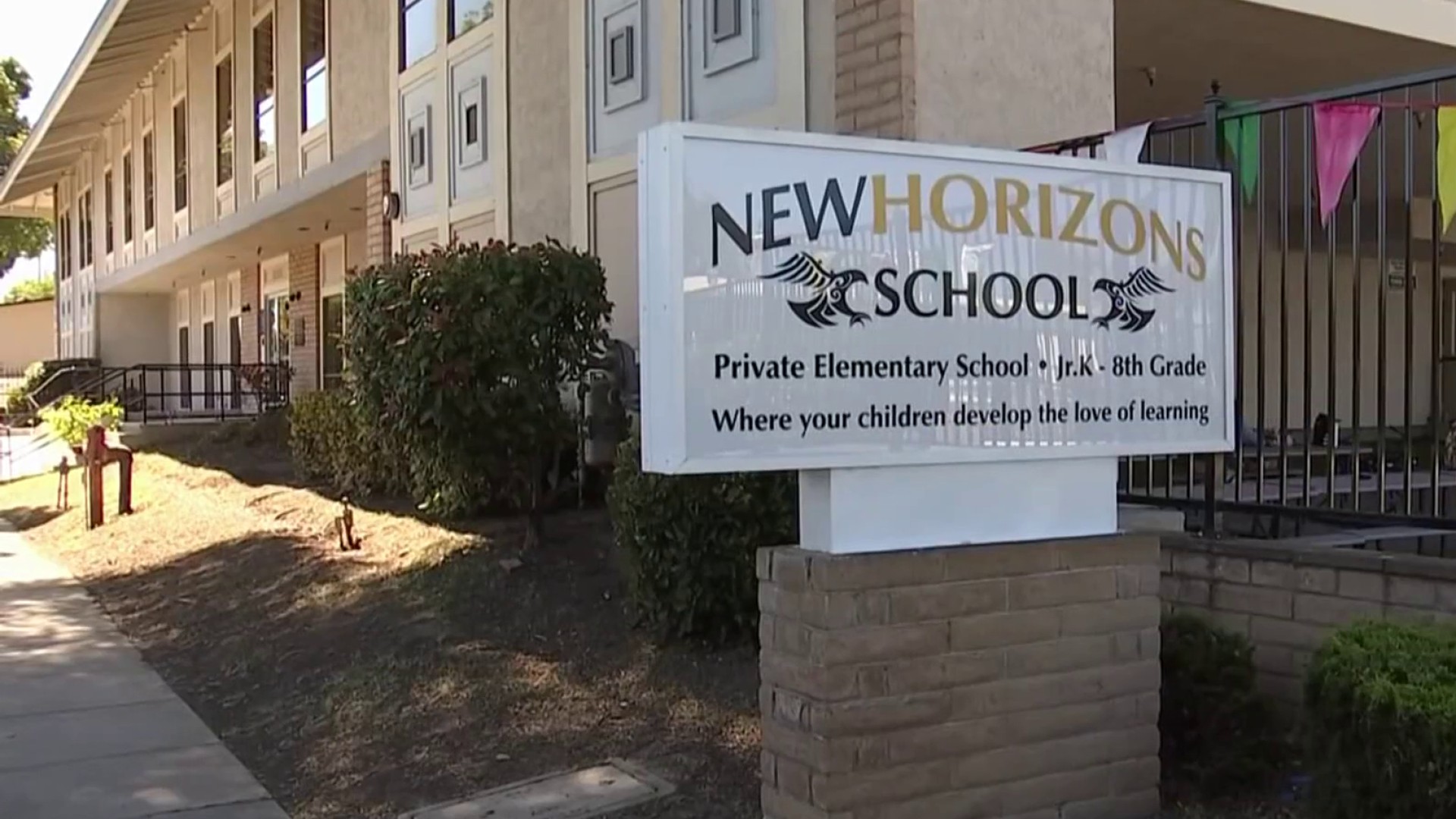Long shunted to the political margins, California Republicans showed signs of a small revival on Election Day, thanks in large part to a lukewarm turnout by Democrats who dominate politics in the nation's most populous state.
A combination of voter discontent with President Barack Obama and an election ticket that lacked sizzle prompted many Democrats to stay home Tuesday.
When the voting ended, Democrats failed to recapture a supermajority in the state Legislature and were battling to retain a handful of congressional seats that remained undecided on Wednesday.
"We had a bad night,'' California Democratic Party Vice Chairman Eric Bauman said, referring to the party's uninspired turnout.
County registrars, meanwhile, were projecting a record low turnout for the general election, estimating that less than half of registered voters cast ballots.
"The smaller the turnout, the smaller the Democratic margin,'' Bauman said. "There was nothing to drive voters out.''
"In the big picture, Democrats remained firmly in charge in a state where the party holds a 2.7 million edge in voter registration. Democrats retained control of every statewide office, and the state Senate and Assembly remained under party control, though not with the previous two-thirds Democratic control that would allow the party to pass tax increases.
Gov. Jerry Brown was easily re-elected, and he was able to push through two signature ballot propositions on water supplies and the state budget. But preliminary returns also suggest Democrats underperformed in key races.
Tens of thousands of ballots remained uncounted, but Brown's 3 million votes as of Wednesday would be the lowest received by a winning candidate for California governor in at least a generation. By comparison, he logged 5.4 million votes when he defeated Republican Meg Whitman in 2010.
Asked about the impact of turnout on candidates, Brown told reporters, "I did what I could to bring more Democrats across the line.''
Local
"I think it's pretty hard to alter turnout, particularly when you see the patterns all over the country,'' he said, referring to Republican gains in Congress.
In U.S. House contests, preliminary returns gave Republicans hope of flipping several California seats, including one in San Diego. Elsewhere, little-known dairy farmer Johnny Tacherra was locked in a surprisingly tight race with five-term Democratic Rep. Jim Costa in a Central Valley district that President Barack Obama carried by nearly 20 percentage points in 2012.
In the 7th Congressional District in suburban Sacramento, Democrat Ami Bera claimed the seat in 2012 with 141,000 votes, or nearly 52 percent of the vote. On Wednesday, Republican Doug Ose was clinging to a narrow lead over Bera, who had collected just over 53,000 votes, a fraction of his tally two years ago. Obama carried the district by 4 points in 2012.
It was a similar story in the Ventura County-area 26th District, which Democratic Rep. Julia Brownley carried with nearly 140,000 votes in 2012, or about 53 percent. She had about 64,000 votes on Wednesday as she gripped a less than 1 percentage point lead over Republican state lawmaker Jeff Gorell. Obama carried the district by 10 points in 2012.
"We had a national wave that did not stop at the Nevada border, as it did in 2010,'' state Republican Chairman Jim Brulte said.
In the Legislature, the GOP seized control of two Orange County seats and one more in Los Angeles County's Antelope Valley from Democrats, and Republicans were re-elected in other competitive races.
Statewide contests, particularly for secretary of state and controller, were tighter than expected, given the Democrats' huge edge in voter registration that has kept Republicans struggling for years to stay politically relevant in California.
Republican voter registration has dipped so low — to 28 percent – that the party's statewide candidates are hobbled from the start. A Republican presidential candidate has not carried the state since George H.W. Bush did it in 1988.
Former banker Neel Kashkari, who was defeated by Brown, made the case that he was a new model in a party often seen in California as too white, too old and out of touch. The son of immigrants from India, Kashkari said he is fiscally conservative and socially moderate.
"That's been one of the keys for me — to go into communities that Republicans haven't spent a lot of time in,'' he said after he voted. 'I hope that ... this campaign has been a model for Californians, and the country, that we can reach all voters with a very genuine message of economic opportunity.''



